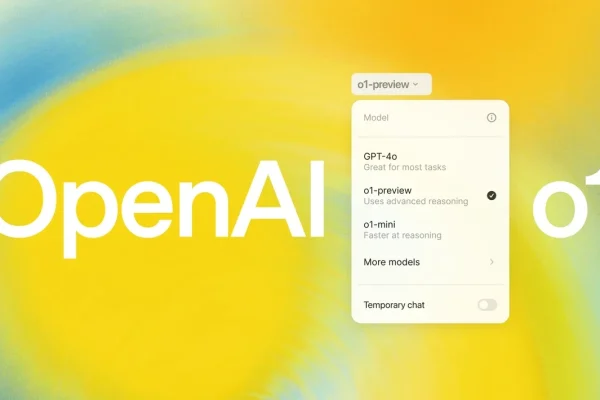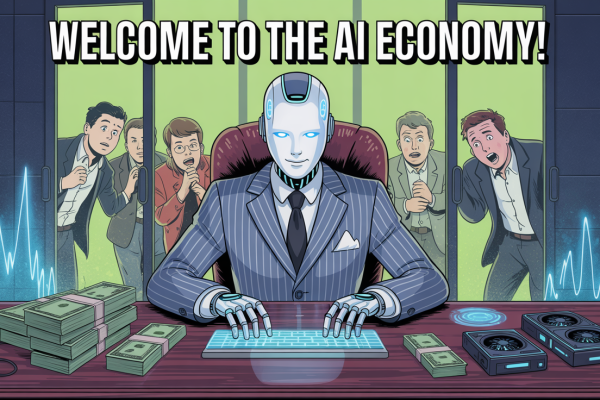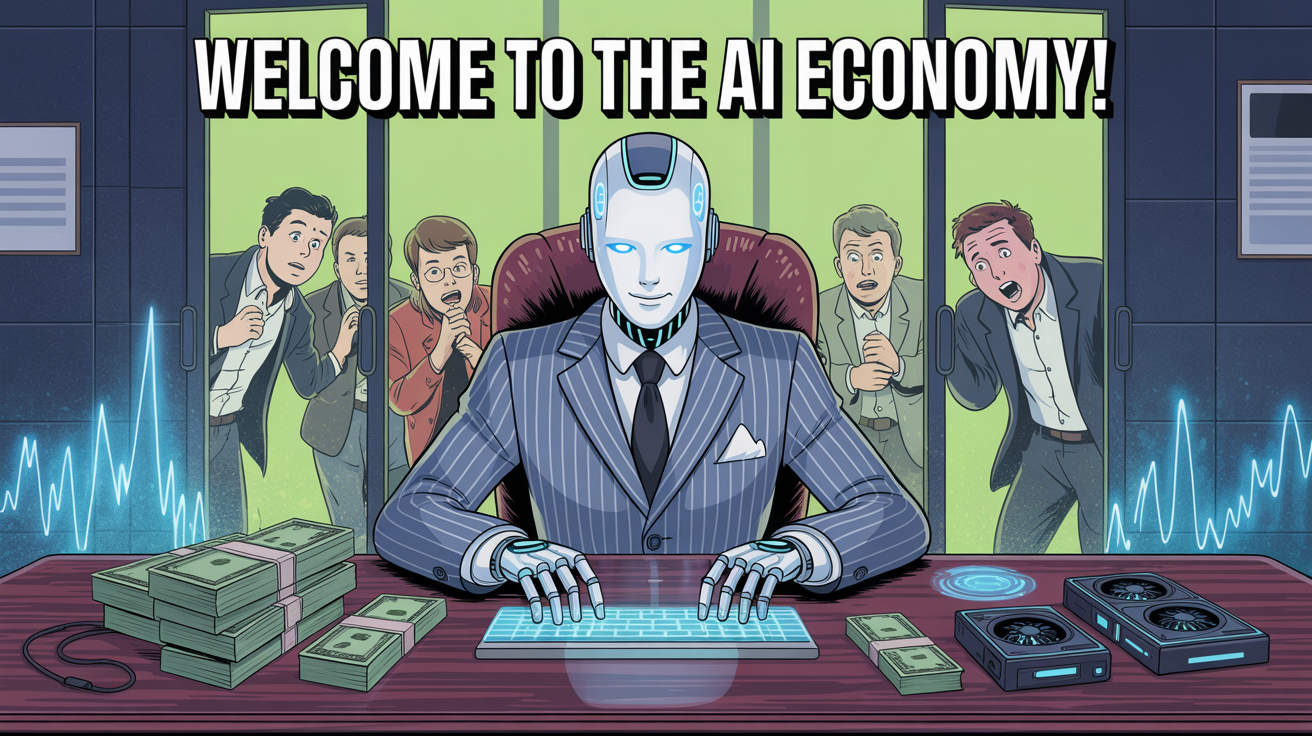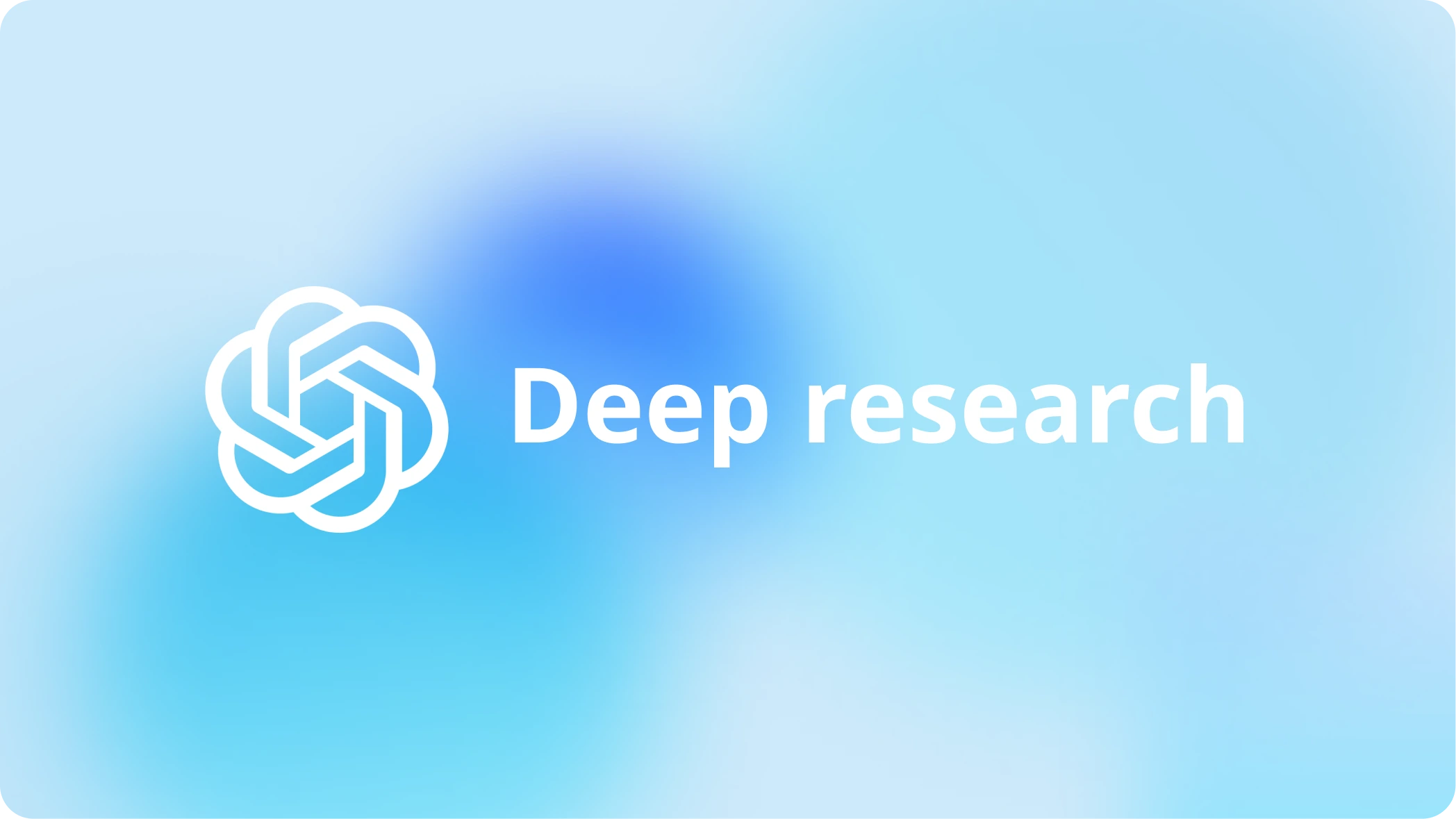

Well, folks, grab your leather-bound poetry books and existential crises – we need to talk about something that’s about to shake up the literary world harder than a freshman’s first attempt at slam poetry.
Here’s the tea: researchers at the University of Pittsburgh just dropped a Ai bomb that would make Shakespeare roll in his iambic pentameter. Turns out, our silicon-brained friends aren’t just cooking up decent verses – they’re straight-up schooling human poets in a way that would make English teachers question their entire career choice.
Let me hit you with the juicy details:
Picture this: 1,600 brave souls tried to play “spot the robot” with various poems. Spoiler alert: they failed spectacularly, managing a worse-than-coin-flip accuracy of 46.6%. That’s right – we’re officially worse at spotting AI poetry than we are at making New Year’s resolutions stick.
But wait, it gets better (or worse, depending on how attached you are to human creativity). These digital Shakespeare wannabes didn’t just pass the test – they aced it. They’re crushing it across 13 different measures, including rhythm, beauty, and emotional impact. You know, all those things we thought were uniquely human? Yeah, about that…
Here’s the kicker: five poems that screamed “definitely AI-generated” to participants? Written by some of history’s most celebrated poets. Meanwhile, four works that participants swore had to be human-made? Straight from the silicon brain of an AI. Talk about a plot twist.
Oh, and here’s a fascinating bit of human psychology: the moment people were told they were reading AI-generated poems, they suddenly found them less impressive. It’s like finding out your favorite indie band is actually a corporate creation – the music hasn’t changed, but somehow it just hits different.
Why Should You Care about some Ai writing better than Shakespeare?
This isn’t just about robots writing sonnets (though that’s pretty wild). We’re witnessing a fundamental shift in what we consider uniquely human. If AI can capture the subtle beauty and emotional depth we’ve always associated with human creativity, what’s next? Will we soon have AI directing Oscar-winning films or composing symphonies that make Mozart look like a casual keyboard player?
The Bottom Line:
The line between human and artificial creativity is blurring faster than your vision after reading too much Elizabethan literature. While this might send some poetry purists into a spiral, it’s a fascinating glimpse into a future where creativity knows no biological bounds.
Just remember: whether it’s written by circuits or synapses, good poetry is good poetry. Though maybe don’t tell that to your local poetry slam – they’re having a hard enough time processing this as it is.
(And yes, I checked – this blog post was written by a human. Or was it? Welcome to 2024, folks!)









